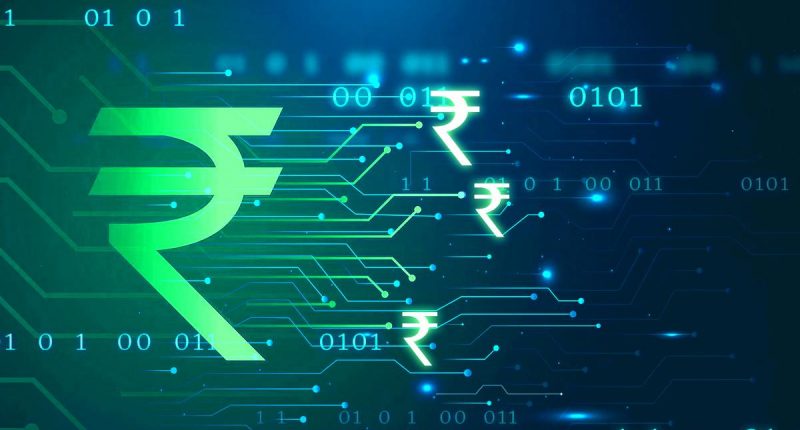Commodity trading is quite similar to equity or stock trading, wherein an investor buys and sells shares of a particular company. Likewise, in commodity trading, an investor can buy and sell commodity products.
Generally, commodities can be categorised into four core categories: metal, agricultural, energy, and environmental.
Metals are further classified into non-precious metals such as iron, steel, copper, and aluminum and precious metals such as gold, silver, platinum, and palladium.
Similarly, agricultural produce is referred to as soft commodities and includes wheat, coffee, cocoa, corn, and so on.
At the same time, energy includes crude oil, natural gas, coal, and other such energy resources.
Lastly, environmental commodities are the newest categories to be traded and include goods produced from natural resources while considering sustainability factors.
Typically, the trading of commodities is undertaken on the spot market or commodity exchanges. Currently, there are three commodity exchanges in the country: the Multi-Commodity Exchange (MCX), National Commodity and Derivatives Exchange (NCDEX), and Indian Commodity Exchange (ICEX).
These exchanges are known to provide trading of various commodities, which include agricultural products, energy, metals, and so on.
There are three popular ways to trade in commodities in the country: commodity mandis, Futures & Options (F&O) market, and mutual funds.
The most direct and popular form of taking part in the commodities market is via the Futures market. There is an indirect way of commodity trading wherein one can buy or sell stocks that are related to commodities in some ways.
An individual can kickstart their journey in commodities trading by choosing a commodity broker and opening a commodity trading account.
However, due diligence will be required when it comes to researching the commodities market, considering the risks involved, and setting investment goals. A trading strategy would be required to be suitably developed before starting to trade through the exchange.
An individual would be required to keep a close watch on the market trends and follow the news to undertake informed decisions.

Rajiv is an independent editorial consultant for the last decade. Prior to this, he worked as a full-time journalist associated with various prominent print media houses. In his spare time, he loves to paint on canvas.





